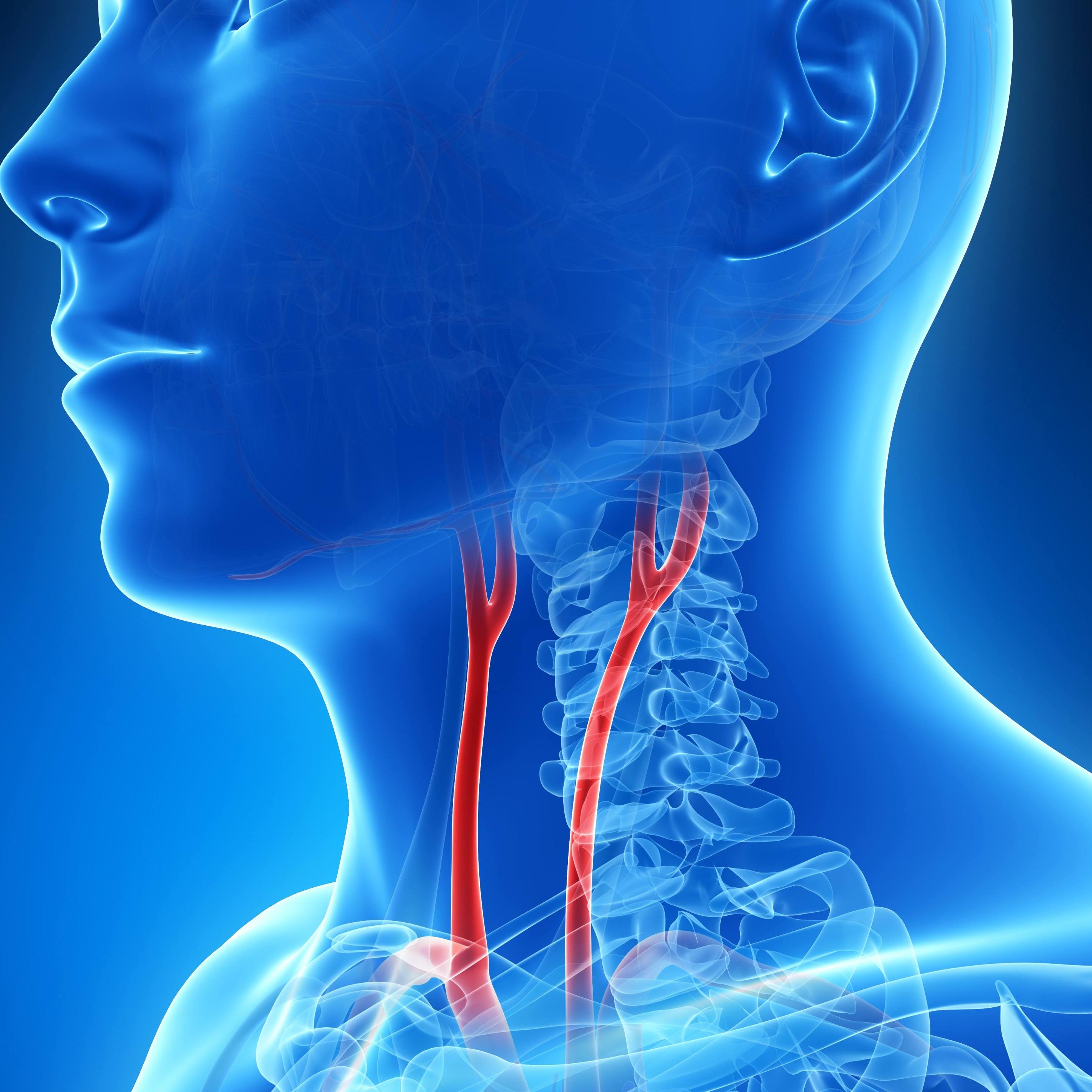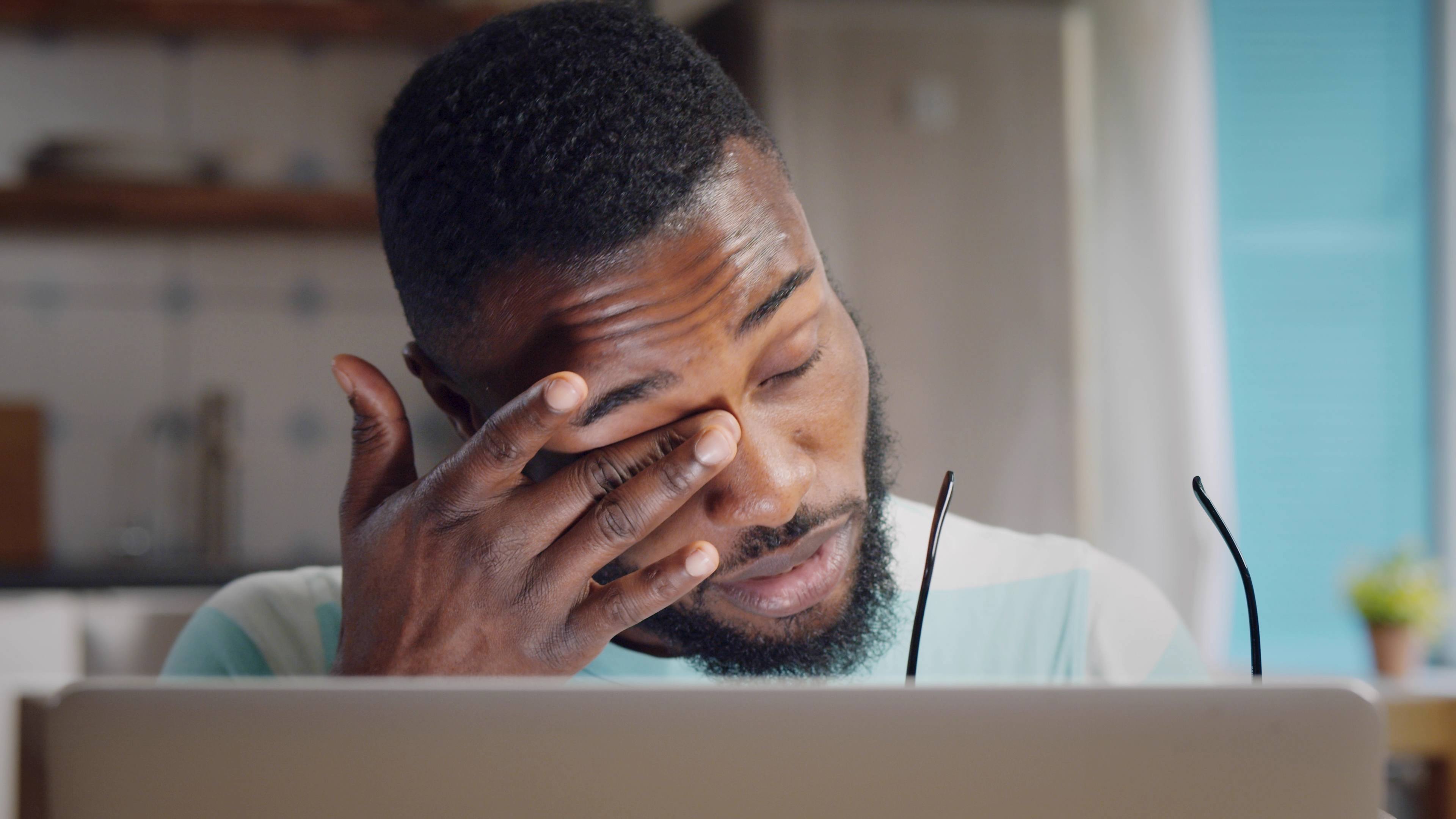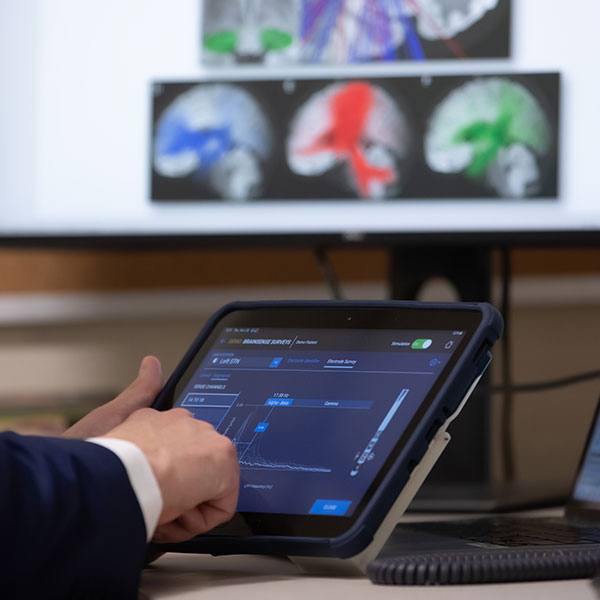-
Hurricane Season Part II: Safety tips during the storm
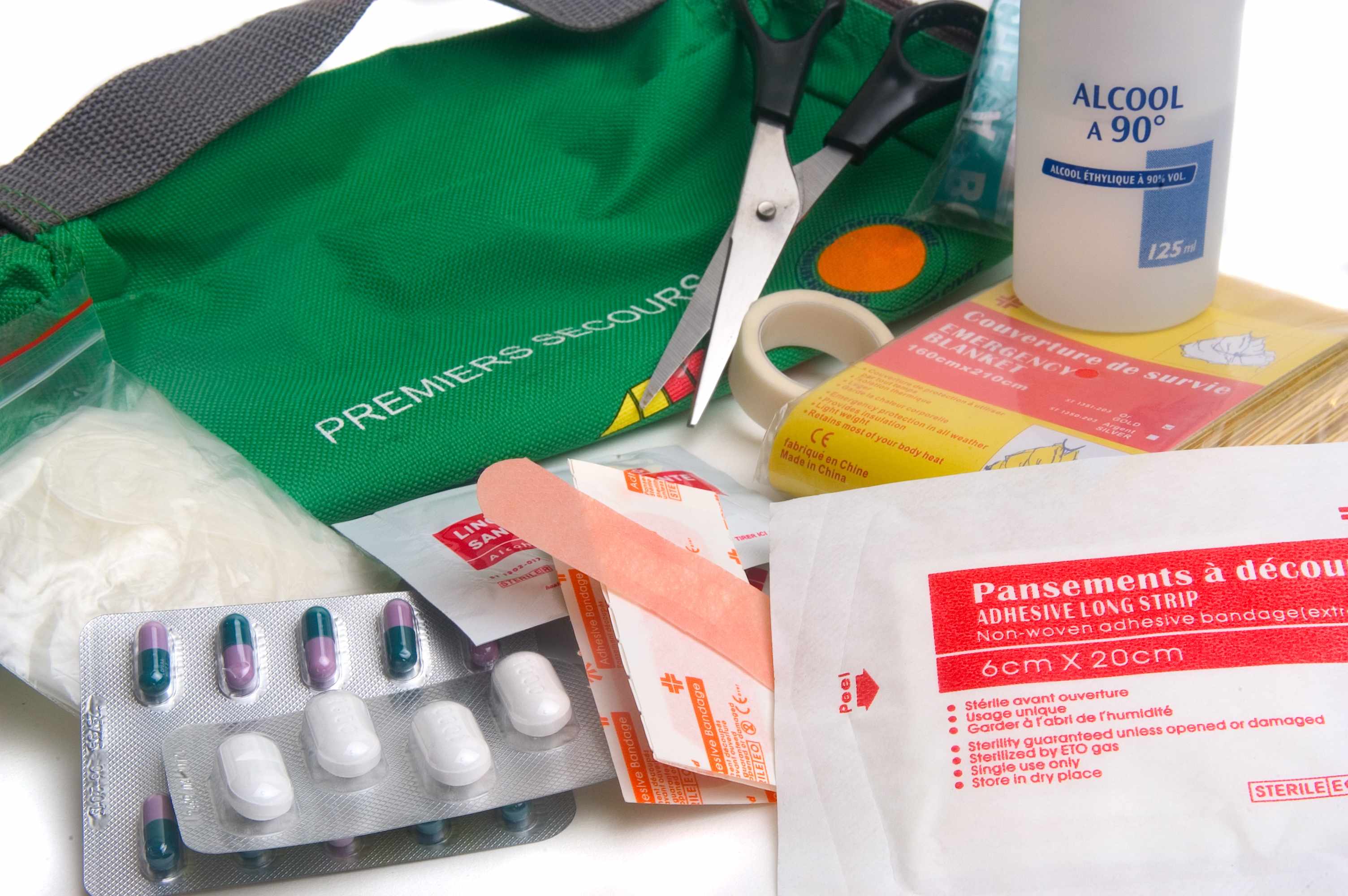
The Atlantic hurricane season runs from June 1 to Nov. 30. In this second part of a three-part series, here are some medical safety steps to consider when you're in a hurricane.
Preparation is critical in weathering a hurricane. But, while planning is important, Dr. Michael Boniface, an emergency medicine physician at Mayo Clinic, offers several reminders to help ensure your safety and well-being during the most active weather.
Medication safety
In addition to keeping a list of all your prescriptions and over-the-counter medications, including names, dosages and prescribers, Dr. Boniface advises to keep pills and bottles secure.
“You may be careful at keeping medication secure at your home, but if you have to evacuate, it’s important to take precautions to keep medications secure and out of reach of children or pets,” says Dr. Boniface.
Water safety
Having a clean water supply is important for hydration and hygiene during a storm. While many people stock up on bottles or jugs, others may fill up bathtubs or buckets, which Dr. Boniface says poses a risk for children and pets.
“We know children in particular can drown in extremely shallow water. So if you are going to fill up the bathtub, take extra precautions and lock the door or put a baby gate up,” he says.
Dr. Boniface also says to avoid flood water. “Floodwaters are very dangerous. Have a plan to avoid windows, and hunker down in the event of a tornado threat.”
Watch: Dr. Boniface discusses safety during the storm.
Journalists: Broadcast-quality sound bites with Dr. Boniface are in the downloads.
Fire and gas safety
Generators are popular items in areas where power outages are common. When operated safely, in a controlled environment, they are valuable, but Dr. Boniface reminds that they are a potential hazard for carbon monoxide poisoning.
Carbon monoxide is a colorless, odorless gas produced from the combustion of any material, including wood, charcoal and gasoline. Risks for exposure increase during severe weather, says Dr. Boniface.
“In the U.S., carbon monoxide is still a prevalent disease with the majority of exposure happening from portable generators,” he says. “But charcoal grills, propane grills and combustible furnaces also pose a risk.”
Symptoms of carbon monoxide poisoning include a vague array of common ailments, including headache, nausea, fatigue and confusion.
Dr. Boniface advises that grills and generators should only be used outdoors, in a well-ventilated area, and never on a covered patio or porch, or in a garage. He recommends checking the batteries in carbon monoxide detectors prior to a storm, and, if anyone exhibits signs of concern, seek medical attention immediately.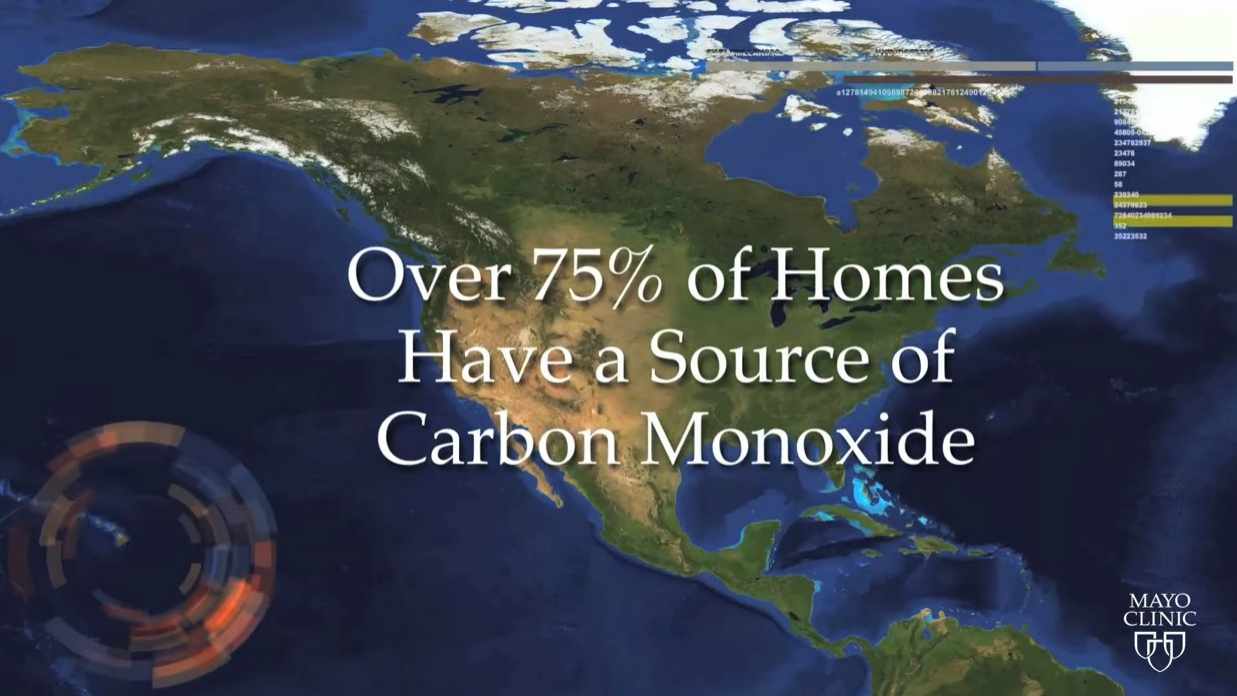
Calming Activities
Severe weather often can cause worry and fear. Dr. Boniface advises staying busy with items that can keep your mind occupied. This is particularly important for younger children who may become anxious and scared, especially if they’ve had to evacuate and are in an unfamiliar environment.
Calling 911
Dr. Boniface notes that, despite preparations, emergencies happen. “Certainly you want to call 911 during a true emergency. So if you have severe or life-threatening symptoms, like chest pain, stroke symptoms, abdominal pain or passing out, call 911 right away,” he says.





